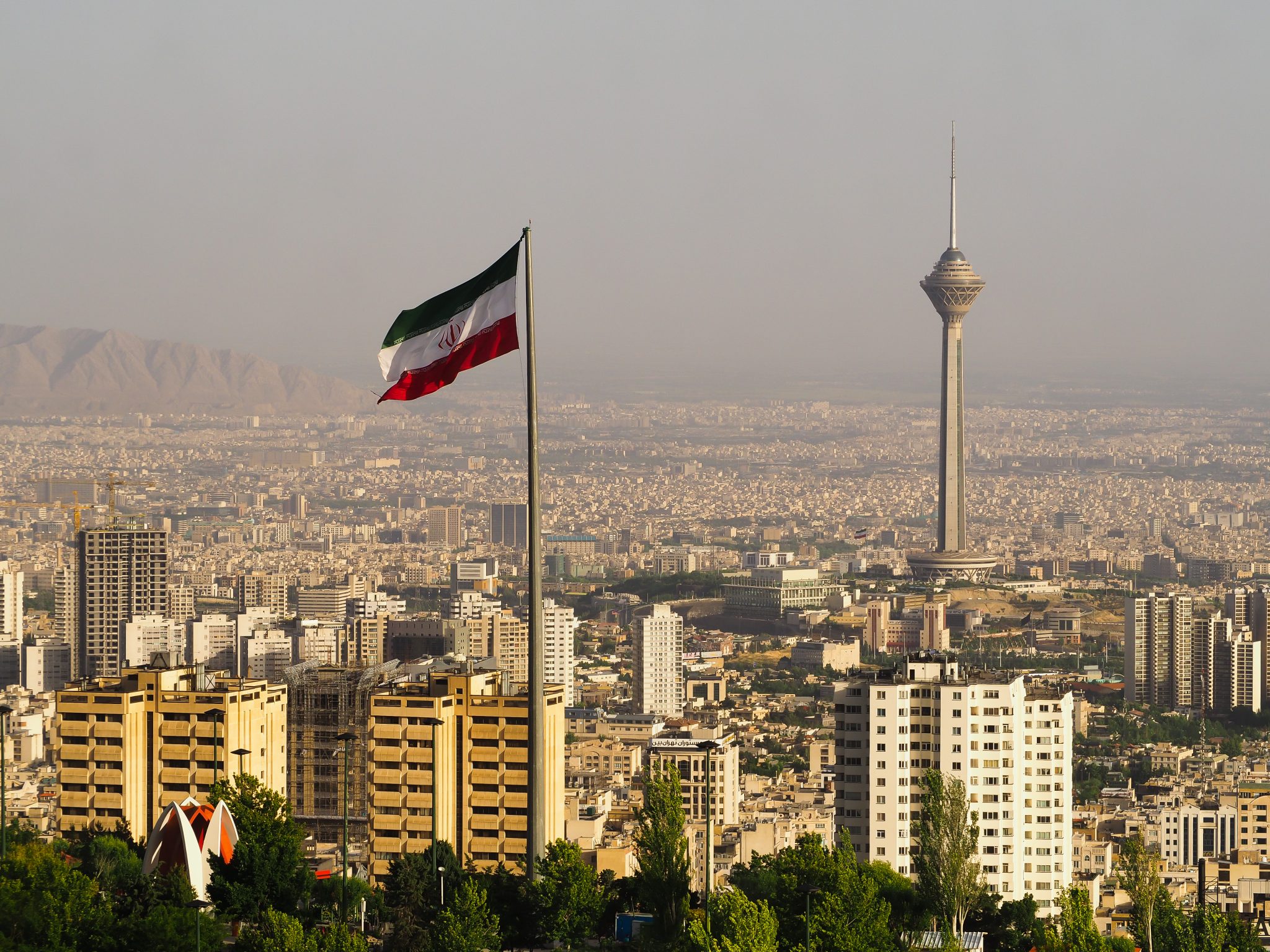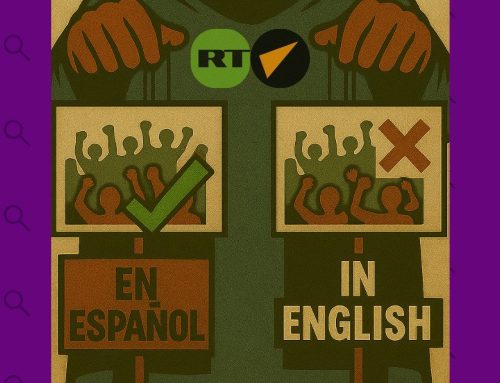Beleaguered by regional tensions, the coronavirus pandemic, and economic woes, Tehran could use anti-Israel sentiment to restore its reputation, ASD Middle East Fellow Ariane Tabatabai and Eurasia Group Analyst Henry Rome argue in Foreign Policy.
Starting July 1, Israel may take the first step toward annexing territory in the West Bank, in line with U.S. President Donald Trump’s peace plan for the region. Discussions about the potential annexation have mostly focused on its implications for the two-state solution and renewed violence. But it would also have significant effects on Israel’s rivalry with Iran and on U.S. efforts to isolate Tehran. Although many Israelis view annexation as a strategic gain, the move would be a strategic gift for Tehran.
Annexation is not yet a done deal. According to the Israeli government’s coalition agreement, Prime Minister Benjamin Netanyahu may hold a cabinet or parliamentary vote on unilaterally annexing West Bank settlements and the Jordan Valley starting July 1, so long as the Israelis act in concert with Washington. But Benny Gantz, the alternate prime minister and defense minister, has expressed serious reservations, and Washington wants both leaders to be in agreement before it greenlights any decision. As July approaches, some Israeli politicians, retired security officials, and experts have warned that annexation would bring about the end of the two-state solution and potentially trigger another Palestinian intifada. And, for its part, Iran would likely welcome the chance to reassert its anti-Israel credentials.




